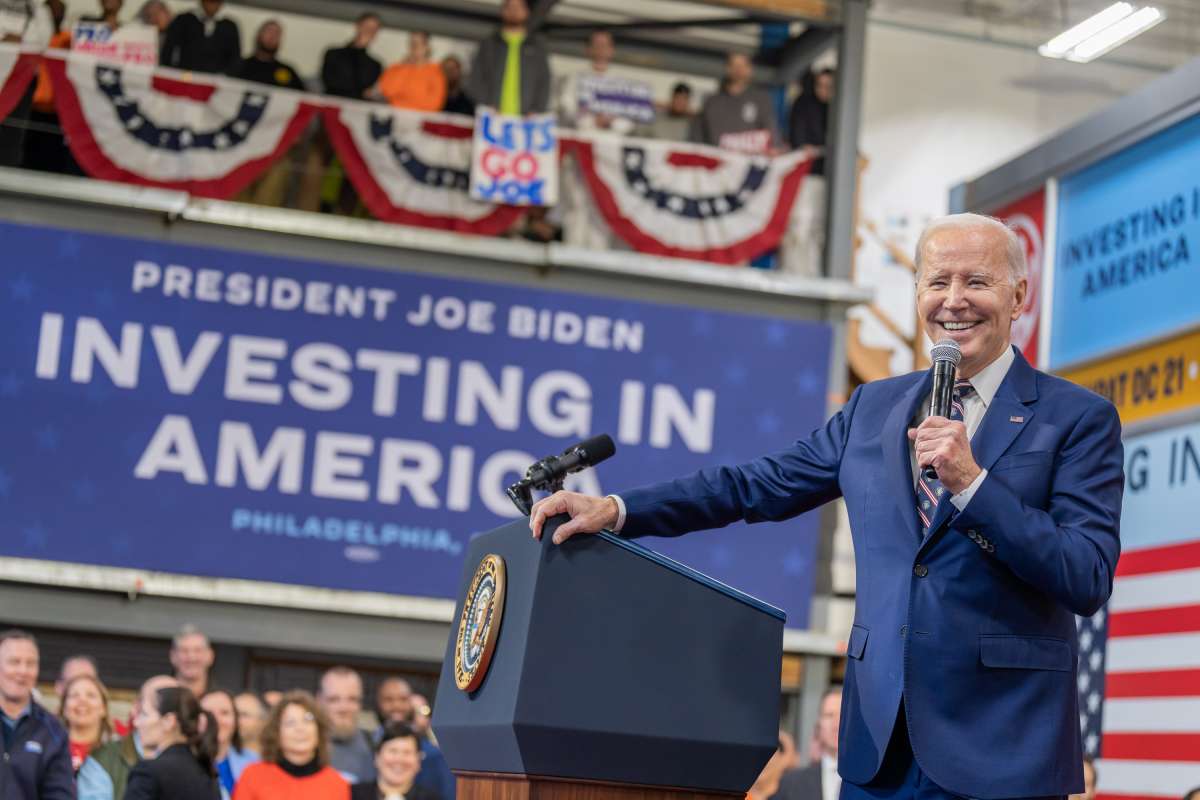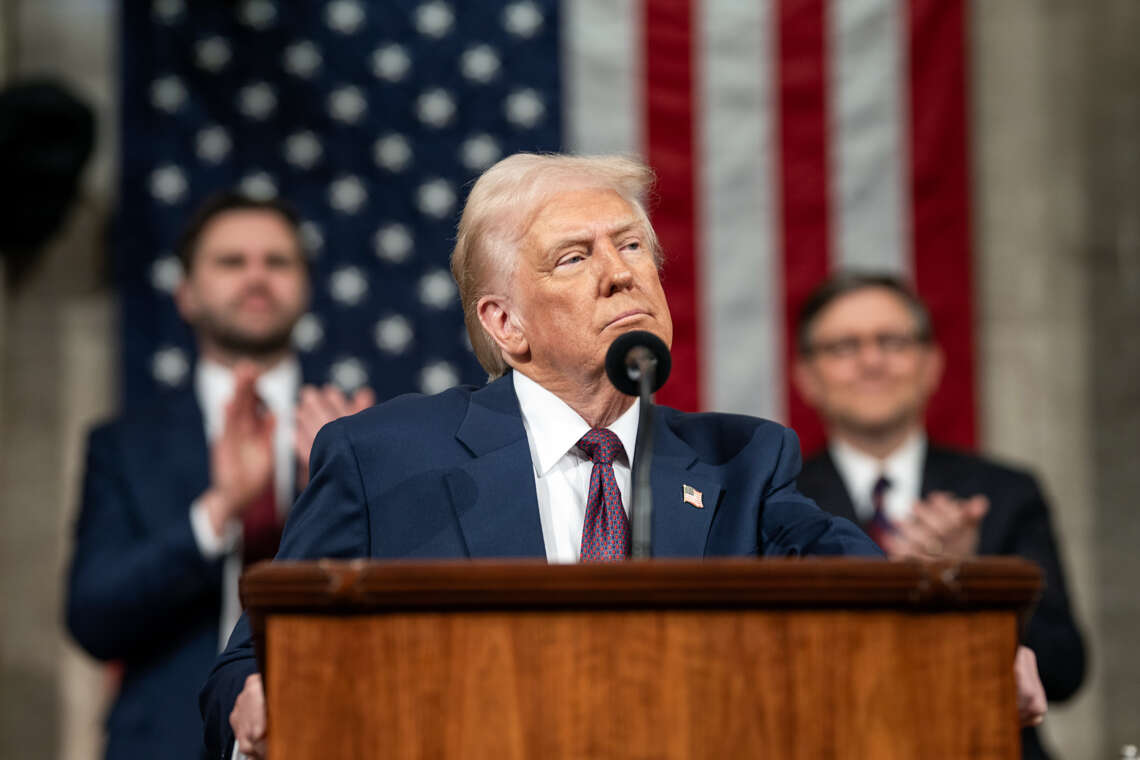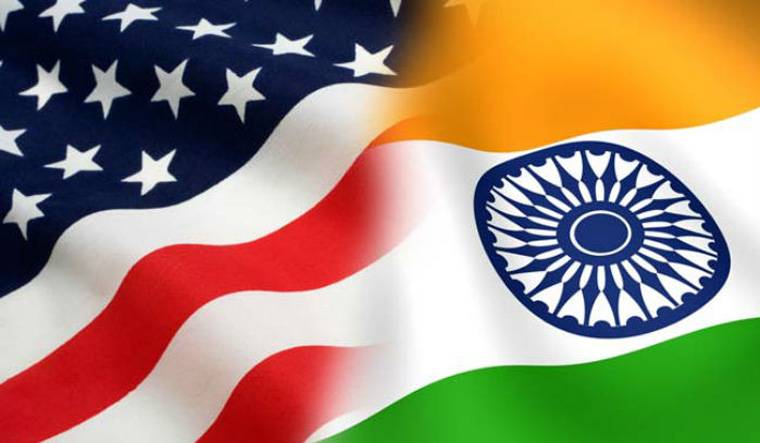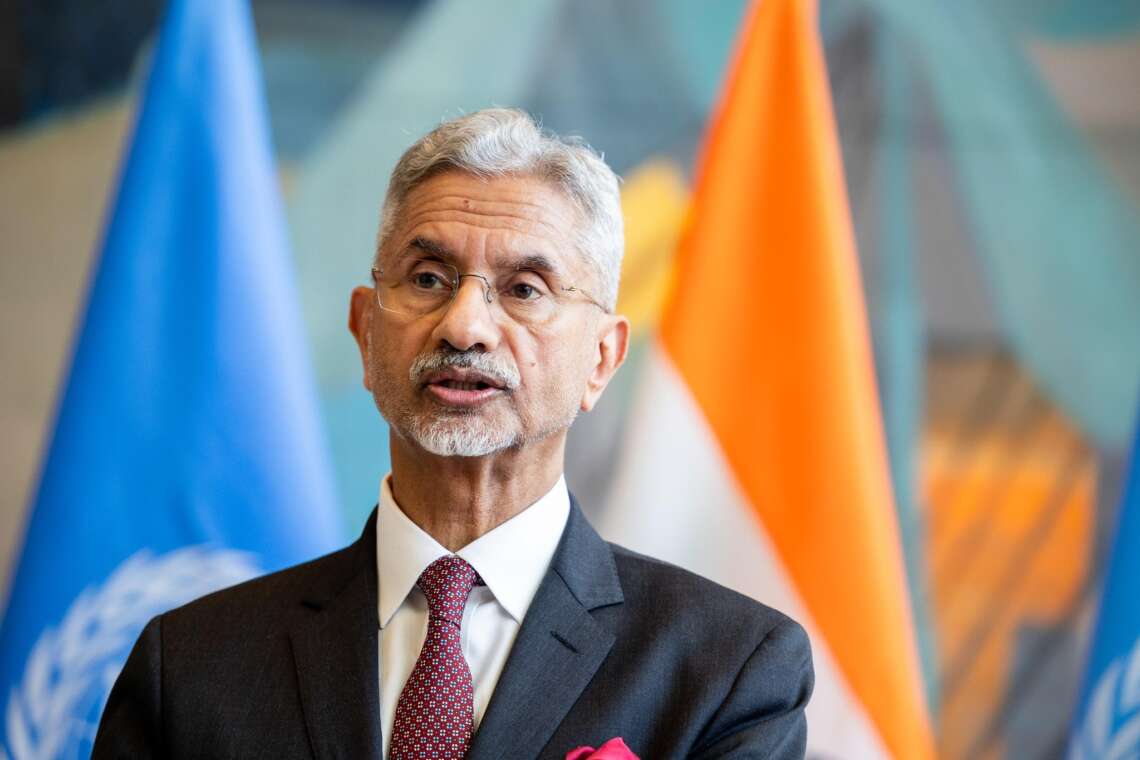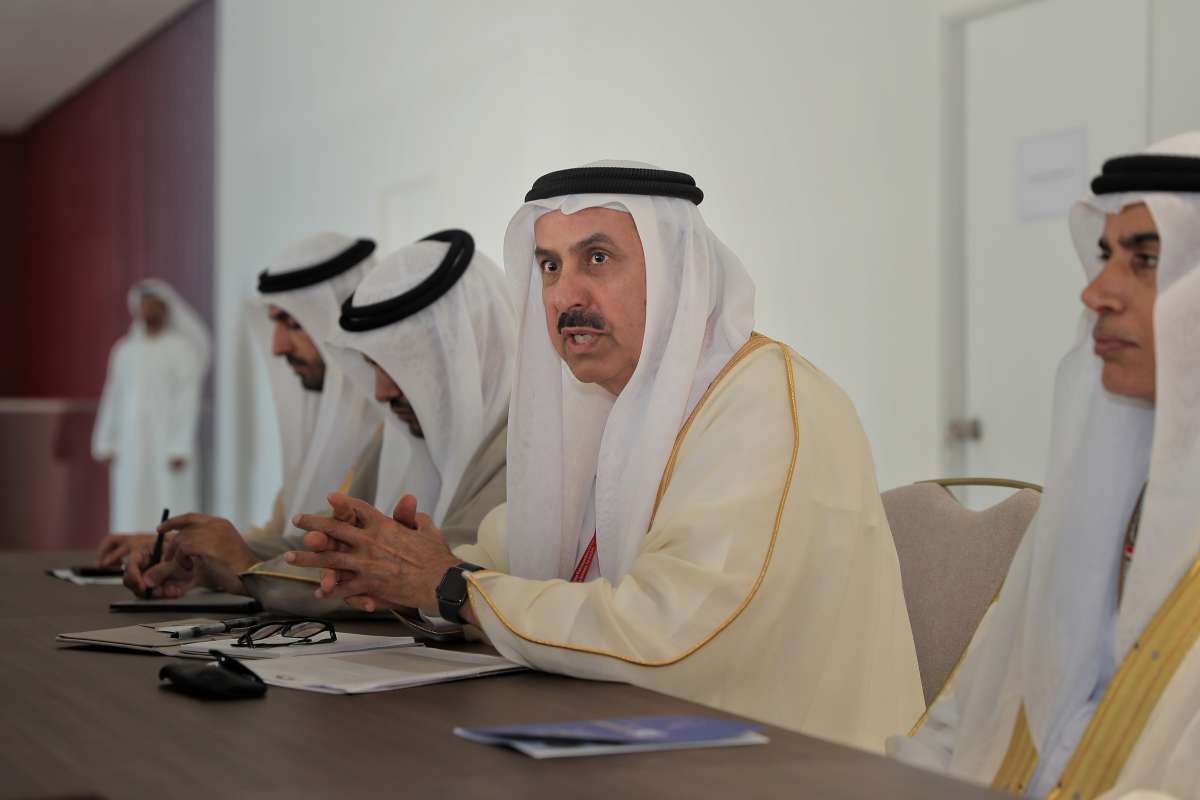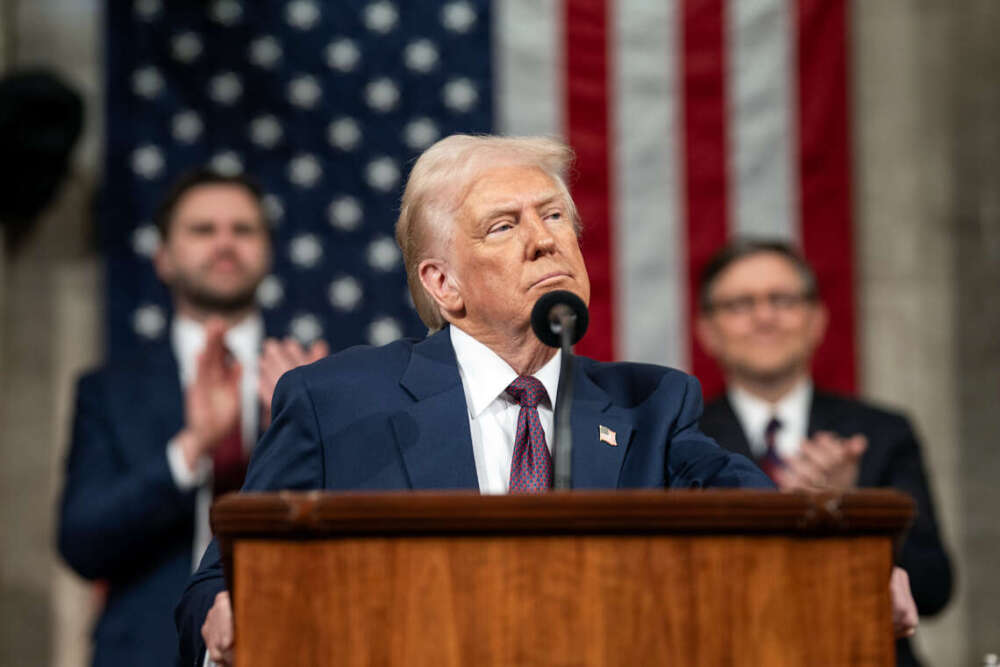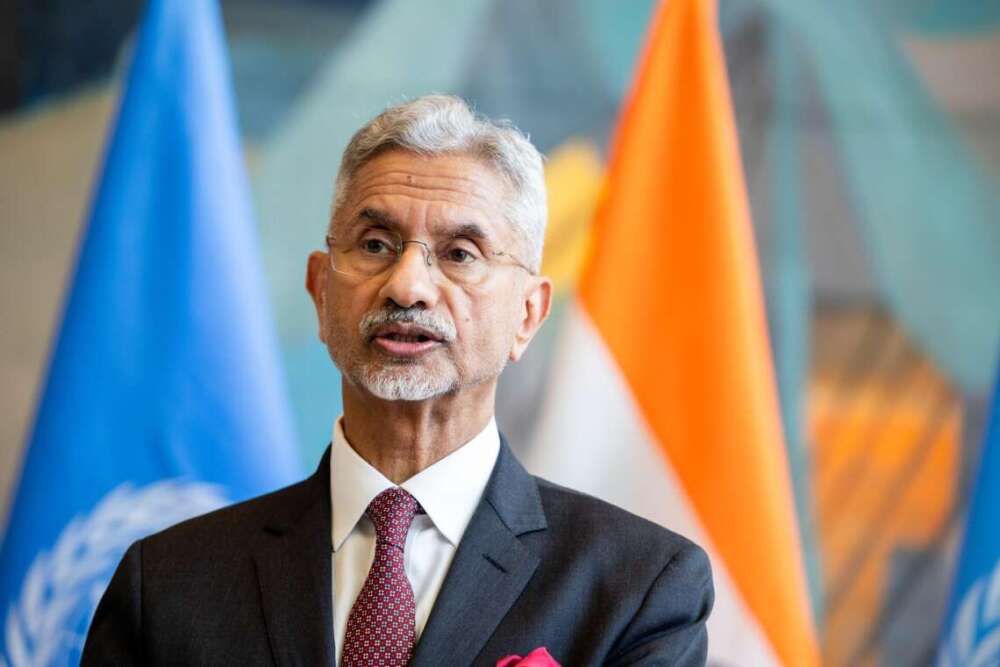Biden is traveling Monday to San Diego, where he will meet Australian Prime Minister Anthony Albanese and U.K. Prime Minister Rishi Sunak for talks…reports Asian Lite News
President Joe Biden is set to meet with two of America’s closest allies to announce that Australia will purchase US-manufactured, nuclear-powered attack submarines to modernize its fleet, amid growing concerns about China’s influence in the Indo-Pacific region.
Biden is traveling Monday to San Diego, where he will meet Australian Prime Minister Anthony Albanese and U.K. Prime Minister Rishi Sunak for talks on the 18-month-old nuclear partnership known by the acronym AUKUS.
The partnership, announced in 2021, paved the way for Australia’s access to nuclear-powered submarines, which are stealthier and more capable than conventionally powered boats, as a counterweight to China’s military buildup.
San Diego is Biden’s first stop on a three-day trip to California and Nevada. He will discuss gun violence prevention in the community of Monterey Park, California, and his plans to lower prescription drug costs in Las Vegas. The trip will include fundraising stops as Biden steps up his political activities in advance of his expected plans to announce next month a run for reelection in 2024.
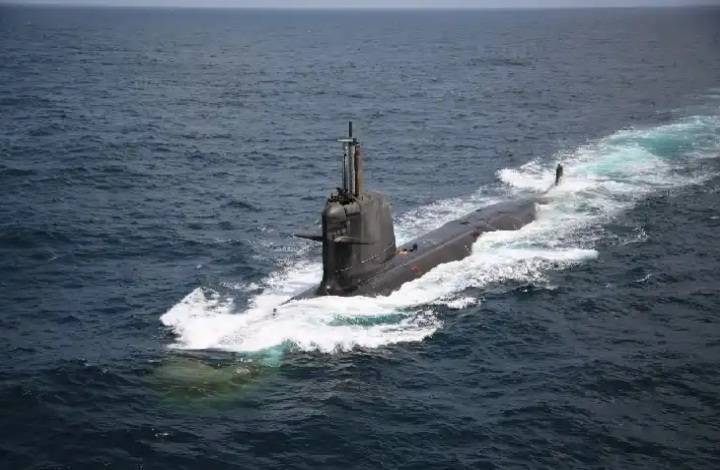
Australia is purchasing up to five Virginia-class boats as part of AUKUS, according to two people familiar with the arrangement who spoke on the condition of anonymity to preview the plans. A future generation of submarines will be built in the U.K. and in Australia with U.S. technology and support. The initial plans call for all of the Australian subs to be constructed in Adelaide, Australia.
The U.S. would also step up its port visits in Australia to provide the country with more familiarity with the nuclear-powered technology before it has such subs of its own.
Biden will also hold bilateral meetings with Albanese and Sunak, an opportunity to coordinate strategy on a range of global challenges, including Russia’s war in Ukraine and the global economy.
The secretly brokered AUKUS deal included the Australian government’s cancellation of a $66 billion contract for a French-built fleet of conventional submarines, which sparked a diplomatic row within the Western alliance that took months to mend.
Meanwhile, China has argued that the AUKUS deal is in violation of the Nuclear Non-Proliferation Treaty, arguing that transfer of nuclear weapons materials from a nuclear-weapon state to a non-nuclear-weapon state is “blatant” violation of the spirit of the pact. Australian officials have pushed back against the criticism, arguing that it is working to acquire nuclear-powered and not nuclear-armed submarines.
“The question is really how does China choose to respond because Australia is not backing away from what it — what it sees to be doing in its own interests here,” said Charles Edel, a senior adviser and Australia chair at the Center for Strategic and International Studies. “I think that probably from Beijing’s perspective they’ve already counted out Australia as a wooable mid country. It seemed to have fully gone into the U.S. camp.”
Before he leaves the White House, Biden will first deliver remarks on his administration’s extraordinary efforts to safeguard depositors and protect against broader economic hardship after the second- and third-largest bank failures in the nation’s history.
“The American people and American businesses can have confidence that their bank deposits will be there when they need them,” Biden said in a statement Sunday night. “I am firmly committed to holding those responsible for this mess fully accountable and to continuing our efforts to strengthen oversight and regulation of larger banks so that we are not in this position again.”
Meanwhile, Albanese said an alliance with Britain and the United States to deliver nuclear powered submarines to Australia would involve “jobs here”.
The United States and Britain each have closely guarded nuclear submarine programmes and the AUKUS defence alliance, announced in 2021, is yet to announce details of how the capability will be transferred to Australia, which does not have a domestic nuclear industry.
AUKUS would announce “the optimal pathway by which Australia will operate our nuclear-powered submarines,” Albanese said in a speech to the National Press Club in Canberra on Wednesday. “This will be the single biggest leap in our defence capability in our history.”
Regional stability required Australia to build its sovereign defence capability, including advanced manufacturing, he added.
“Its about our defence, but it is also about our industry policy, about our economy, about jobs here,” he said in response to questions.
John Blaxland, professor of international security and intelligence studies at the Australian National University, said there was “enormous pressure” on Albanese for the submarine programme to deliver local jobs, but it was likely Australia would initially buy a British submarine.
Co-production or component production in Australia were expected in the long term, he said.
“A key part of the deal is this will deliver for intergenerational purposes a capability for the production of submarines and warships into the future,” he said.
AUKUS is seen as an effort by the Western allies to push back against China’s growing power and influence, particularly its military buildup, pressure on Taiwan and deployments in the contested South China Sea.


